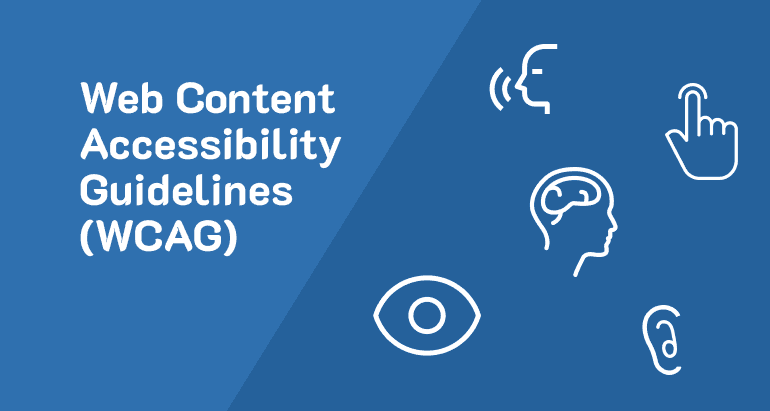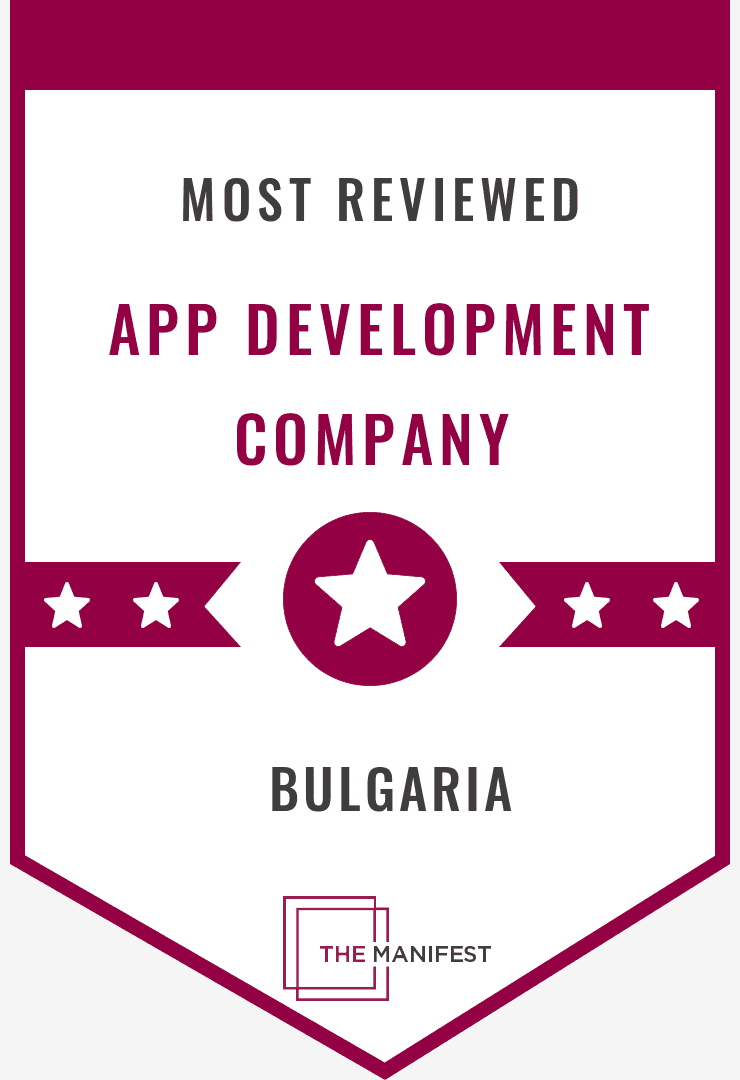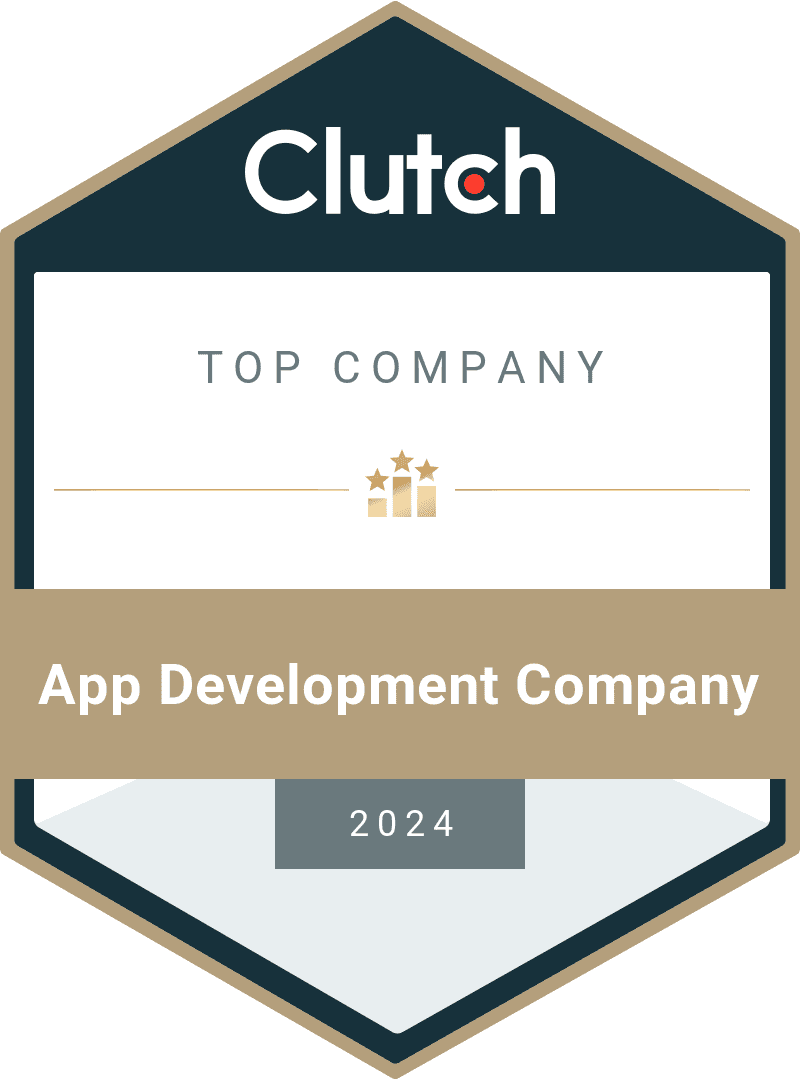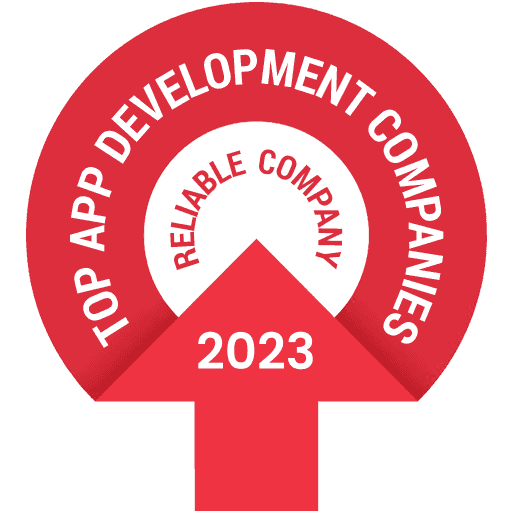Mobile apps are everywhere, serving purposes that range from managing business operations to organizing personal tasks. The importance of well-designed mobile apps cannot be overstated, as they play a critical role in user engagement and satisfaction. Custom mobile app development, tailored to specific user needs and business goals, is both an art and a science that hinges on several key design principles. Let's dive into these principles and explore how custom mobile application development company can create apps that are not only functional but also delightful to use.
User-Centered Design (UCD)
User-Centered Design (UCD) is a foundational principle in custom mobile app development. It emphasizes designing the app around the needs, preferences, and limitations of the end users. A custom mobile app development company must understand its target audience to create an app that meets their expectations. To develop an app that resonates with users, it's essential to conduct thorough research. Methods such as surveys, interviews, and usability testing provide valuable insights into user behavior and preferences. This data helps in creating user personas, which guide the design process.
For instance, a custom android app development company might find that their target users prefer a minimalist interface with quick access to essential features. By incorporating these preferences, the company ensures that the app is user-friendly and engaging. Apps like Instagram and Airbnb exemplify successful UCD. Instagram's intuitive design makes photo sharing seamless, while Airbnb's user-friendly interface simplifies the booking process. These apps demonstrate how understanding and catering to user needs can lead to widespread adoption and satisfaction.

Consistency and Standards
Consistency in design is crucial for creating a coherent user experience. It ensures that users can navigate the app intuitively, without having to relearn interfaces or functionalities as they move between different sections of the app. Adhering to platform-specific guidelines, such as Apple's Human Interface Guidelines or Google's Material Design, is essential for maintaining consistency. These guidelines provide best practices for layout, navigation, and interaction patterns that users are already familiar with.
A consistent design enhances usability and reduces the learning curve. For example, using standardized icons for common actions (like a trash bin for delete) helps users understand functionalities without additional instructions. A custom mobile app development company that prioritizes consistency ensures a smoother, more predictable user experience.
Simplicity and Minimalism
In the realm of custom mobile solutions, simplicity and minimalism are key to creating an efficient and enjoyable user experience. A clutter-free design directs the user's attention to the core functionalities, reducing cognitive load and improving usability. To achieve simplicity, focus on essential features and remove unnecessary elements. Use ample white space to make the interface feel less crowded and more approachable. Prioritize content and functionality based on user needs and feedback.
A minimalist design not only looks aesthetically pleasing but also enhances performance by reducing the amount of data the app needs to process. For instance, a custom app development company might strip down a productivity app to its most used features, ensuring fast load times and a straightforward user interface.
Responsive and Adaptive Design
With the variety of devices and screen sizes available today, ensuring that your app looks and works well across all of them is crucial. This is where responsive and adaptive design principles come into play. Responsive design involves creating a single app layout that adjusts dynamically to different screen sizes and orientations. This approach ensures that users have a consistent experience regardless of the device they are using.
Adaptive design, on the other hand, involves creating multiple layouts for different devices. Each layout is specifically tailored to the device's screen size and capabilities, offering an optimized experience for each. Custom mobile app development services should implement a combination of responsive and adaptive design to cater to a wide audience. Techniques such as flexible grids, fluid layouts, and media queries help achieve this goal. A custom mobile app development company that excels in these practices ensures that their apps are versatile and user-friendly across all platforms.
Accessibility
Accessibility is an essential aspect of mobile app design, ensuring that users with disabilities can use the app effectively. A custom mobile application development company must consider accessibility from the outset to create inclusive apps. Following guidelines such as the Web Content Accessibility Guidelines (WCAG) and Accessible Rich Internet Applications (ARIA) is crucial. These guidelines provide standards for making digital content accessible to people with disabilities.
Features like voice commands, screen readers, and high-contrast modes enhance accessibility. For example, a custom mobile app development company might integrate text-to-speech functionality to assist visually impaired users. By prioritizing accessibility, companies not only comply with legal standards but also expand their user base.

Performance and Speed
Performance and speed are critical factors that directly impact user satisfaction. Slow load times and laggy interactions can frustrate users and lead to app abandonment. To optimize performance, custom mobile app development services should focus on efficient coding practices, reduce image sizes, and minimize the use of heavy animations. Additionally, using caching strategies and optimizing backend services can significantly enhance app speed.
Identifying and addressing performance issues early in the development process is vital. Tools like performance profiling and stress testing help in detecting bottlenecks. A custom mobile app development company that prioritizes performance ensures a smooth and responsive user experience, fostering higher user retention and satisfaction.
Aesthetics and Visual Design
Aesthetics play a significant role in user engagement. A visually appealing app can attract and retain users, making the overall experience more enjoyable. Good visual design incorporates principles such as color theory, typography, and visual hierarchy. Choosing a harmonious color palette, readable fonts, and a clear visual hierarchy helps in creating an aesthetically pleasing interface.
Apps like Pinterest and Spotify are known for their exceptional visual design. Pinterest’s clean, grid-based layout and vibrant images create an engaging browsing experience. Spotify’s dark theme, complemented by bright accent colors and intuitive navigation, makes it visually appealing and easy to use.
Security and Privacy
In an era of increasing cyber threats, security and privacy are paramount in mobile app design. Users need to trust that their data is secure when using your app. Implementing best practices such as encryption, secure authentication, and regular security audits is essential. A custom mobile app development company should also ensure compliance with relevant regulations such as GDPR and CCPA.
Transparency about data collection and usage builds trust. Clearly informing users about what data is collected and how it is used, and obtaining their consent, is crucial. Features like encrypted data storage and secure login methods enhance user trust and security.
Feedback and Iteration
Feedback and iteration are integral to the development of a successful mobile app. Continuous improvement based on user feedback ensures that the app evolves to meet user needs and expectations. Methods such as beta testing, in-app surveys, and user reviews provide valuable insights into user experience. This feedback helps in identifying pain points and areas for improvement.
An iterative design process involves making incremental changes and continuously refining the app. By regularly updating the app based on user feedback, a custom mobile app development company ensures that the app remains relevant and user-friendly.

Future Trends in Mobile App Design
The field of mobile app design is constantly evolving, with new trends and technologies emerging. Staying ahead of these trends is crucial for creating innovative and competitive apps. Trends such as AI integration, augmented reality (AR), virtual reality (VR), and voice interfaces are shaping the future of mobile app design. These technologies offer new ways to enhance user experience and provide unique functionalities.
A custom mobile app development company should explore how these trends can be integrated into their projects. For example, incorporating AI can personalize user experiences, while AR can provide immersive interactions. Keeping up with industry trends and continuously learning new technologies is vital. Attending conferences, participating in workshops, and following industry publications can help designers stay informed and innovative.
According to a recent report by Statista, as of the first quarter of 2024, the Google Play Store had 3.5 million apps available, while the Apple App Store had 2.2 million. This highlights the fierce competition and the need for standout design principles to make apps successful. Additionally, a survey by App Annie noted that mobile app downloads are expected to reach 250 billion globally by the end of 2024, with user spending projected to surpass $120 billion. These statistics emphasize the growing importance of mobile app design in today’s digital landscape.
Final Thoughts on Design Principles in Custom Mobile App Development
Design principles are critical to the success of custom mobile solutions. By focusing on user-centered design, consistency, simplicity, responsiveness, accessibility, performance, aesthetics, security, feedback, and future trends, developers can create apps that are not only functional but also delightful to use. These principles ensure that the app meets user needs and provides an engaging and satisfying experience.
Relevant Articles:













































